Wisdom teeth develop between 17 and 25 years of age for most people. Wisdom teeth are the last teeth to develop and are likely not to come in properly, causing increased oral problems. The wise and experienced family dental team of Soult & Swanson Family Dentistry and Implant Center are available to help explain wisdom teeth removal options.
Reasons for Extraction
Although humans grow 32 teeth, most people only have room in the jawbone to fit 28 adult teeth. Some people do not get wisdom teeth at all, while others have wisdom teeth that develop with no issues. However, most people have problems with wisdom teeth development and placement in the back of the mouth.
Usually, wisdom teeth erupt crookedly, impacting either the adjacent teeth in front, the space at the back of the mouth, or other adjacent teeth and bone structures when the teeth develop in a horizontal position. Wisdom teeth that grow straight can still cause oral health problems when they do not break the surface of the gums.
Problems in Addition to Misalignment
- Pain
- Infections from trapped food and bacteria
- Tooth decay
- Shifting and damage of adjacent teeth
- Cysts
- Complications with orthodontic treatments
Although some people’s wisdom teeth develop correctly, tooth extraction is still highly recommended for everyone early on as young patients are less likely to experience complications from surgery. Older adults may initially appear to have healthy wisdom teeth. However, if that were to change and they were to require surgery at a later age, complications from anesthesia, surgery, and post-operative conditions would be more likely.
Some dental community members believe that it is possible for healthy wisdom teeth to harbor or develop disease. This is since overcrowding from wisdom teeth can lead to debris build-up and difficulty cleaning behind the teeth.
The Outpatient Procedure
Wisdom teeth removal usually involves safe extraction at the dental office. Only in cases of complex medical issues or a dental emergency will tooth extraction need to be done by an oral surgeon or emergency dentist in a hospital environment.
Local and general anesthesia and sedation methods are options to numb patients or put them to sleep during the outpatient procedure. An incision is then cut into the gum to expose the tooth and bone. The teeth are cut into smaller pieces to make extraction easier if needed.
Following extraction, the incision requires cleaning, stitching, and gauze placement to reduce bleeding. Post-surgical care instructions are essential to preventing the likelihood of follow-up appointments, including incision care, physical activity, food and water intake, and tobacco use.
Problems Requiring Follow-Up
- Issues swallowing or breathing
- Bleeding
- Fever
- Severe pain
- Increased swelling
- A bad taste in the mouth
- Pus from and in the socket
- Numbness
- Blood or pus in the nasal cavity
Follow-up is not needed if there are no stitches and no post-surgical complications.
If you are considering wisdom teeth removal, consider calling the Soult & Swanson Family Dentistry and Implant Center offices today at (303) 337-2794 for an appointment.
Book Your Appointment
We always accept new patients and can’t wait to meet you!
